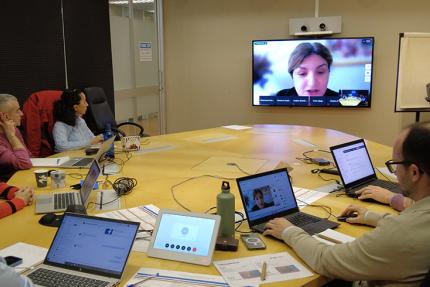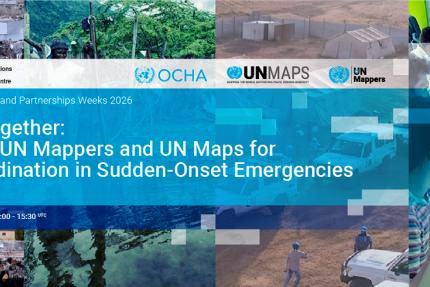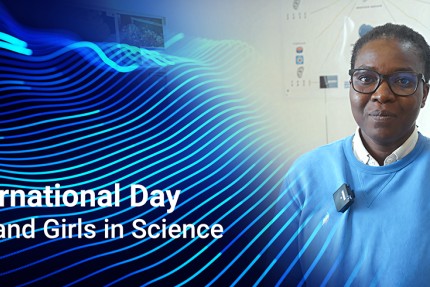Amidst growing environmental crises, the urgency to adopt sustainable practices is greater than ever. Supply chain operations and the environment are inextricably linked, and it's no secret that traditional linear supply chains can produce enormous amounts of waste.
Since its establishment in 2019, the United Nations Office of Supply Chain Management (OSCM) has been transitioning to a more circular supply chain, with several initiatives aimed at reducing waste and optimizing the use of resources across the UN Secretariat.
The Return, Refurbish and Reuse (3R) Programme, managed by the United Nations Global Service Centre (UNGSC), was established during the drawdown of the United Nations-African Union Mission in Darfur (UNAMID), when 103 high value, low utilization assets such as trailers, loaders, generators and bulldozers were transferred to the UNGSC Base in Brindisi for refurbishment and subsequent redeployment to other field operations.
Dedicated to the full life cycle management of assets, the programme implements a controlled return process, refurbishing identified assets under the guidance of asset managers and maintenance experts.
“We are monitoring over 4,000 units of equipment across field operations and optimizing the use of resources globally. Several refurbished UNAMID assets are now already in use in MONUSCO, MINURSO, UNSMIL and UNSOS, and we are in the process of identifying MINUSMA assets that will be given a new lease on life at another location.” – Herbert Pechek, Chief, Supply Chain Service, UNGSC.
In addition to cost savings of up to 70% of the acquisition value, the benefits to field operations opting to source assets from the 3R Programme include reduced delivery times and proven product quality, in line with ISO9001 practices.
“The 3R Programme increases the Organization’s return on investment by extending assets’ life cycle. It also reduces waste and aligns with Sustainable Development Goal 12 dedicated to responsible consumption and production. We believe that this is a win-win scenario for our client entities, the member states, and, ultimately, the environment.” – Giovanna Ceglie, Director, UNGSC.
To learn more, watch this video: https://youtu.be/nhySOLdf944?feature=shared
For more information: ungsc-supplychainservice@un.org



